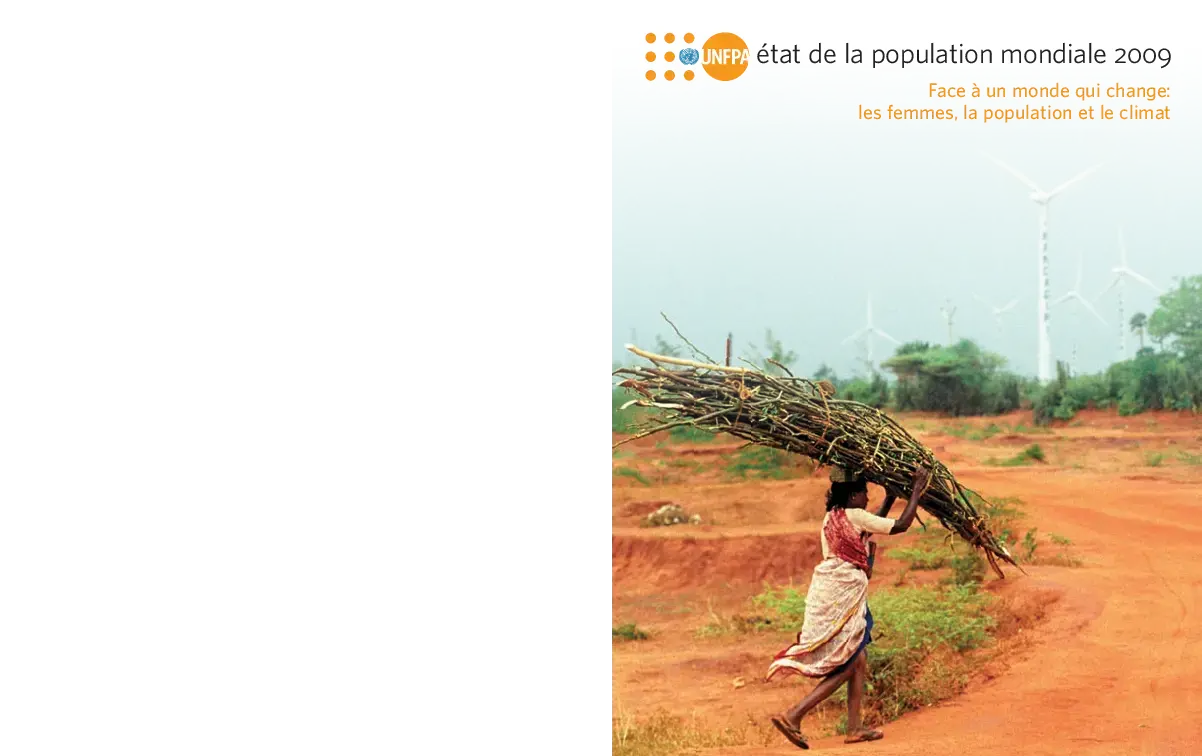This year's flagship report argues that reproductive health care, including family planning, and gender relations could influence the future course of climate change and affect how humanity adapts to rising seas, worsening storms and severe droughts. Women, especially impoverished women in developing countries, bear the disproportionate burden of climate change, but have so far been largely overlooked in the debate about how to address problems of rising seas, droughts, melting glaciers and extreme weather, the report concludes.
State of World Population 2009

Publisher
Number of pages
104
Author
UNFPA
Publication
State of World Population 2009
Publication date
01 January 2009

